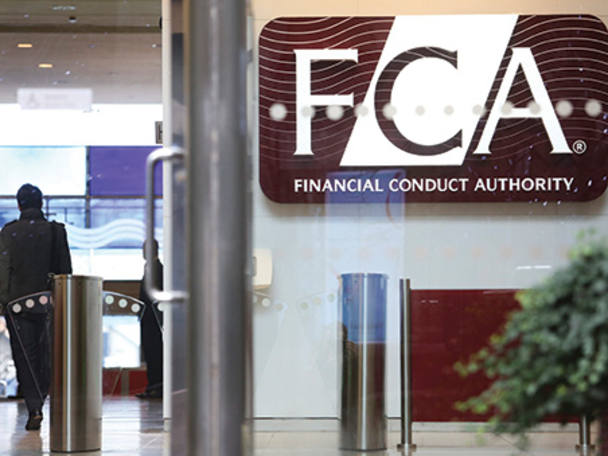Fund supermarket best-buy fund lists could be at risk of conflicts of interest, according to the Financial Conduct Authority (FCA).
The regulator has examined the way best-buy lists are put together and who benefits from them in a new occasional paper. It found that the percentage of affiliated funds was 3.8 per cent larger on best-buy lists than the percentage of non-affiliated funds and that they were less likely than non-affiliated funds to be kicked off best-buy lists after making it onto the selection.
"These lists are also subject to conflicts of interest," said Gordon Cookson, one of the authors of the study. "Some platforms are affiliated with fund providers, meaning the fund supermarket is also an asset manager. In essence, this means platforms are offering their 'own brands' in the supermarket, potentially at the expense of other brands."
The FCA's report was based on data from three platforms comprising a share of more than 50 per cent of assets under administration of UK platforms taken over 10 years, between 2006 and 2015. It covered a period when platforms were able to benefit from a chunk of the fees funds obtained from investors, before the retail distribution review (RDR) banned this in 2014. Mr Cookson said: "Before the RDR was implemented funds in best-buy lists typically paid a higher amount in commission to platforms than non-best-buy list funds. This suggests that platforms may have been conflicted when producing best-buy lists."
>Our research has demonstrably added value for our clients, but there are no short-cuts here – fund selection requires significant experience and resource
The FCA says that since the implementation of RDR platforms are more likely to include affiliated funds on their best-buy lists.
Popular best-buy lists include Hargreaves Lansdown's Wealth 150, The Chelsea Selection and Bestinvest.co.uk's Top-rated funds.
Being included on a best-buy list is very beneficial to a fund, according to the FCA's study, which found that in every year following its addition and while still recommended a fund experienced an average inflow of £5.9m, equating to 1 per cent of the total assets under management of the fund.
However, the FCA's study also found that funds on best-buy lists had significantly outperformed non-recommended funds and had lower average total expense ratios than comparable non-recommended funds. The funds on best-buy lists also had higher ratings on average from data company Morningstar.
"Recommended funds are giving investors the dual benefits of better performance and lower costs, evidencing how investment research teams help people to make good decisions and more of their hard-earned money," said Mark Dampier, head of investment research at Hargreaves Lansdown. "Our fund selection process for the Wealth 150 is based on tens of thousands of hours of research every year and on hundreds of face-to-face interviews with fund managers. We have built our own in-house quantitative tool to analyse whether a fund manager has achieved their performance by skill, or simply by luck, so we can highlight to our clients those managers we think have a good chance of delivering outperformance going forward."
Hargreaves argued that since launch, its Wealth 150 list had consistently beaten the relevant Investment Association (IA) sector and the average passive fund within comparable sectors, after taking all investment charges into account.
"So our research has demonstrably added value for our clients, but there are no short-cuts here – fund selection requires significant expertise and resource," added Mr Dampier.
The FCA has also been conducting an asset management market study looking at issues including how the DIY investment platform market operates, and its findings included a need for greater transparency in active management fees. The FCA is consulting on remedies and will report back next year.











